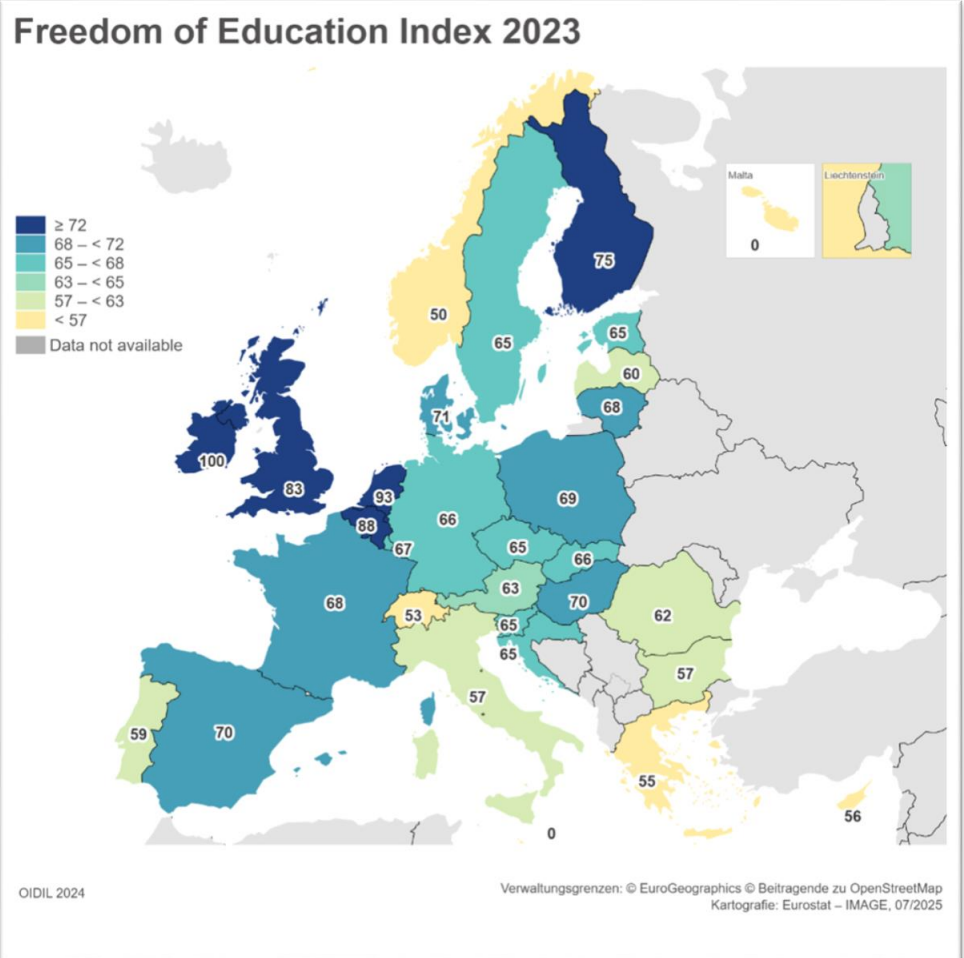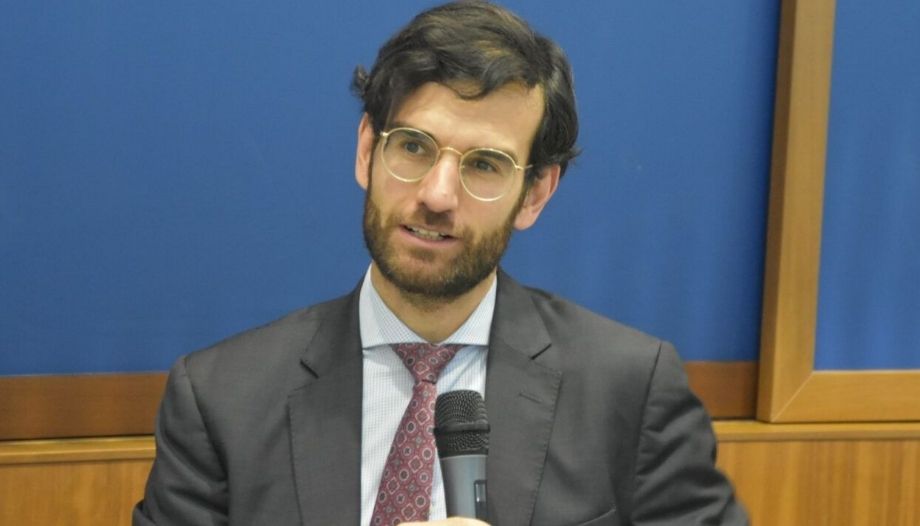The report "Educational pluralism in Europe", elaborated by Martens Centrethe think tank of the EPP, with active participation of the consulting firm OIDELhas just been published. It is signed by Ignasi Grau (OIDEL), Peter Hefele (Wilfried Martens Center) and Alexandre Moreira (Education Law Association, ELA). And it explains, for example, that parental rights are not enough if there are no options available.
Ignasi Grau (Girona), general director of OIDEL, is a lawyer, with a degree in Business Administration and a master's degree in Political Theory from the University of Geneva, where he works, although he frequently travels to Brussels and Paris.
We talked with him about educational pluralism, freedom of education and the rights of parents. Education remains the mother of all battles.
The report discusses how educational pluralism strengthens freedom of choice, school diversity and parental rights. Is it right?
- That is correct. In a pluralistic and diverse world, educational pluralism is the best way to ensure that all parents can be responsible for their children's education. Without a diversity of options and without tools that allow families with fewer resources to choose non-government centers, only wealthy families or those who are comfortable with state schooling will be able to access the education they want for their children.
Pluralism
What was Oidel's contribution and how does he define educational pluralism?
- OIDEL regularly prepares a report entitled 'Index of Freedom of Education', in which we analyze the state of pluralism in the world. For this report, OIDEL prepared the data for the countries of the Union and updated the results.
Educational pluralism is a system of education present in many democracies, in which the state funds and regulates education, but does not necessarily provide it directly. This definition by Boston University professor Charles Glenn argues that the state is only one of the educational institutions, and that there should be a diversity of options within the educational system. educational system to meet the needs and preferences of diverse individuals and communities.
In two words, can you summarize the rights of parents in education?
- Parents, as those primarily responsible for the education of their children, have responsibilities and rights. Among the rights, as indicated in the main human rights instruments, is the preferential right to choose the type of education to be given to their children.
Would it be true to say that parental rights are not enough if in practice there are no available and accessible options?
- As the first director of UNESCO said, recognizing parental rights without recognizing a plurality of actors is like recognizing democracy in a one-party state.

According to the report, there are countries with a high degree of educational pluralism (Ireland, Netherlands, Belgium, United Kingdom) that lead the OIDEL/FUNCIVA "Freedom of Education Index". Can you explain this a little?
- That is correct. In countries like the Netherlands school choice is independent of family income. Within a framework of minimums if there is sufficient social demand, it is easy to open a school and have it financed by the state. This is constitutionally protected in the Netherlands.
Limitations
It seems that in Spain and Italy, for example, there is a reduction in attendance at non-government schools as a result of the cost to families or lack of sufficient support. And this limits the real choice for families with fewer resources. Is this the case?
- Indeed, if the choice of schools depends on family income, fewer families will be able to exercise these recognized freedoms. In Italy this has been observed especially with COVID, and in Spain in those communities where concerts are being made more difficult. In any case, we cannot attribute this reduction in non-government school attendance to a decrease in demand, but rather to the impossibility of paying for it.
What proposals/recommendations does the report make, which should be implemented to strengthen educational pluralism?
- The report makes six specific recommendations: fully recognize and protect the rights of parents; promote alternative modes of education through subsidies or direct funding. Respect the autonomy of private schools, especially those with denominational affiliation. Guarantee access to essential knowledge for all. And protect the rights of minorities through educational pluralism and the establishment of minimum standards.
What would it take for Spain's ranking to be higher? Does it have something to do with charter schools, with autonomy, or with the lack of political consensus?
- Spain ranks relatively high, sixth. However, the implementation of the LOMLOE in the coming years may cause a setback. One measure that could ensure a good place for Spain is to return to the criterion of social demand in the establishment of state-funded educational places.







